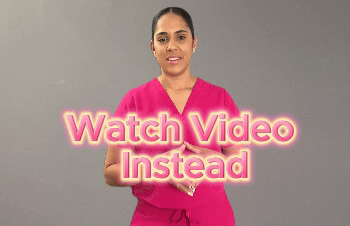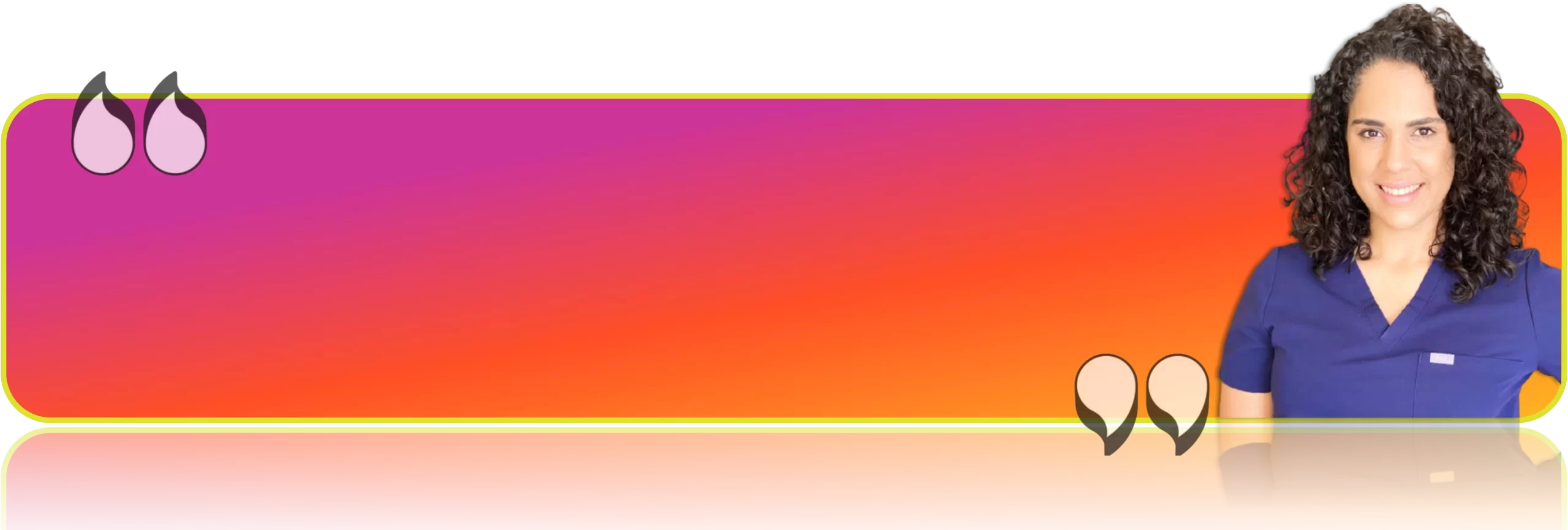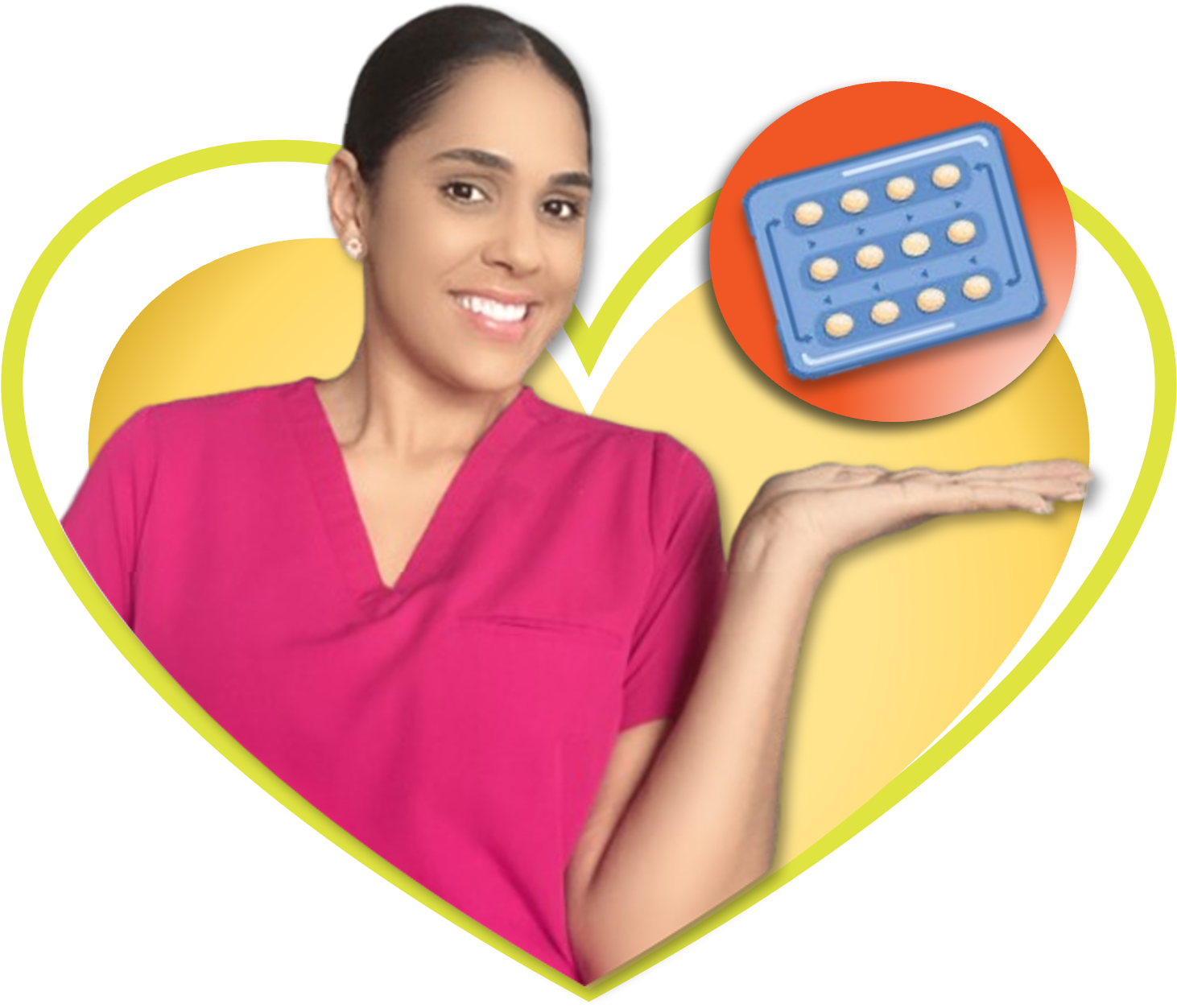Curious about how birth control pills can simplify your life, beyond the standard pregnancy prevention? Wondering how these tiny tablets work or their effects on your body? If so, you’re not alone! Let’s cut through the confusion with expert answers. Plus, be sure to check out questions that readers just like yourself submitted in our People Also Asked section. So, let’s jump in!

Key Takeaways
- Birth control pills use hormones to prevent pregnancy and have added health benefits.
- They work by stopping ovulation and altering the uterine lining.
- Pills are effective in 7-10 days for most, immediately for some on day one.
- They impact periods, often making them lighter and less painful.
- Stopping pills may bring back previous conditions and pregnancy risks.
Understanding Birth Control Pills: A Straightforward Guide to Women’s Health
Let’s jump right into the essentials of birth control pills. For many of us, these tiny tablets are an incredible resource, offering significant preventive benefits beyond just pregnancy. Our goal is to provide you with a comprehensive guide to birth control pills, addressing all your pressing questions.
What is a Birth Control Pill?
Birth control pills, also known as oral contraceptives, are medications that use hormones like estrogen and progestin to prevent pregnancy. There are several options to choose from: combination pills, progestin-only pills, patches, rings, intrauterine devices (IUD’s), implants, and injections.
Combination pills contain both estrogen and progestin and are favored for their reliability. They may be ideal for many women seeking effective contraception. Meanwhile, progestin-only pills serve as a suitable alternative for those who cannot take estrogen, such as breastfeeding mothers or individuals with a history of blood clots. Exploring all options helps in finding what best aligns with your lifestyle and health needs.
What Do Birth Control Pills Do to Your Body?
So, how exactly do these pills work? Their primary purpose is to prevent pregnancy by stopping ovulation, which is the release of an egg from the ovaries. They also thicken the cervical mucus, creating a barrier that makes it difficult for sperm to reach an egg. Furthermore, they thin the lining of the uterus, reducing the likelihood of implantation.
But there’s more to these pills than pregnancy prevention. Many women find relief from menstrual discomfort, as the pills can reduce period cramps and help regulate cycles. They often improve skin health and are used to manage conditions like premenstrual dysphoric disorder (PMDD) and endometriosis. Notably, they can also lower the risk of certain cancers, including ovarian, colorectal, and endometrial cancers.
Timeframe: How Long Until the Birth Control Pill is Effective?
When do these pills start working? After you take the first pill, your body begins adjusting to the hormonal changes right away. For combination pills, it typically takes about 7-10 days to effectively prevent pregnancy. With progestin-only pills, if you start on the first day of your period, they are effective right away. To stay safe, consider additional contraception during the first week after starting any new pill.
Consistent daily intake is critical for maintaining effectiveness. Missing a dose can compromise the pill’s reliability, so keeping backup contraception options handy is wise.
Examining Changes: How Does the Pill Impact a Woman’s Body?
The pill can bring about various changes. It may make your periods lighter, shorter, and less painful. Common side effects include breast tenderness or enlargement, and for some, changes in weight—although this varies individually. It’s essential to remain vigilant for more serious risks like blood clots and increased blood pressure, underscoring the importance of regular healthcare check-ups.
Understanding Your Cycle: Does the Pill Stop Your Period?
Will your period disappear entirely? Not exactly. Birth control pills typically reduce period flow and frequency, but most women will still experience withdrawal bleeding during the inactive pill phase, which resembles a period. Some may experience amenorrhea or an absence of periods, but this doesn’t occur for everyone.

Deciding to Stop: What Happens When You Come Off the Pill?
Considering going off the pill? Prepare for changes. Your body generally returns to its pre-pill state, which could include the resurgence of prior issues like acne or heavier periods. Immediately after stopping, the risk of pregnancy is increased if no alternative contraception is used. Mood and cycle irregularities may arise, but they typically resolve over time.
Where Do Your Eggs Go While on Birth Control?
Ever wondered about your eggs on birth control? Essentially, the pills halts ovulation, so eggs remain in the ovaries and aren’t released. This hormonal intervention prevents the chance of unintended pregnancies by keeping ovulation on hold.
Managing Your Mood: How Does the Pill Affect Emotional Health?
Mood fluctuations can happen while on the pill. Some women experience changes in mood, while others notice a stabilizing effect on emotions. It ultimately depends on individual reactions. If mood disturbances become concerning, consulting with healthcare professionals can help determine if a different kind of pill might be more suitable.
Libido Concerns: Can Birth Control Influence Your Sexual Desire?
Questions about libido are common. Hormonal changes from birth control can sometimes decrease desire for some individuals, though this varies. Your experience with libido may be influenced by personal health factors and the specific type of pill being used.
Additional Considerations
- Stress and Inflammation: Birth control can affect your body’s stress response and levels of inflammation.
- Skin and Acne: You might enjoy clearer skin, though some may experience the opposite. Everyone’s skin reacts differently!
- Weight and Appetite: While research doesn’t show major weight changes, personal experiences can differ.
- Serious Side Effects: Stay aware of serious symptoms like chest pain or difficulty breathing, which require immediate medical attention.
Engaging with birth control choices can be intricate, but it’s crucial to find the best fit. Whether you’re interested in easing menstrual issues or prioritizing contraceptive effectiveness, these pills offer numerous benefits.
People Also Asked...
Still have questions?
Don't worry, you are not alone. Remember that we are here to help and support you. Your well-being is important to us, and we're committed to assisting you through any challenges you may be facing. Besides, having questions is a good and healthy thing! Check out our additional resources below:
- Prefer reading? Here's an article from ACOG (American College of Obstetricians and Gynecologists) on the matter.
- Rather watch or listen? Here's a video of Nelly, one of our esteemed providers, discussing the topic.
- For general questions? Reach us via any contact methods listed at the bottom of this page (live chat, email, text messages, or call).
- For specific medical questions or advice, it's always best to schedule an appointment.
 TLC’s Video Library
TLC’s Video Library
Enjoy countless hours of expert insights, wellness tips, with a dose of inspiration and humor. Your path to a healthier, happier you starts now!
